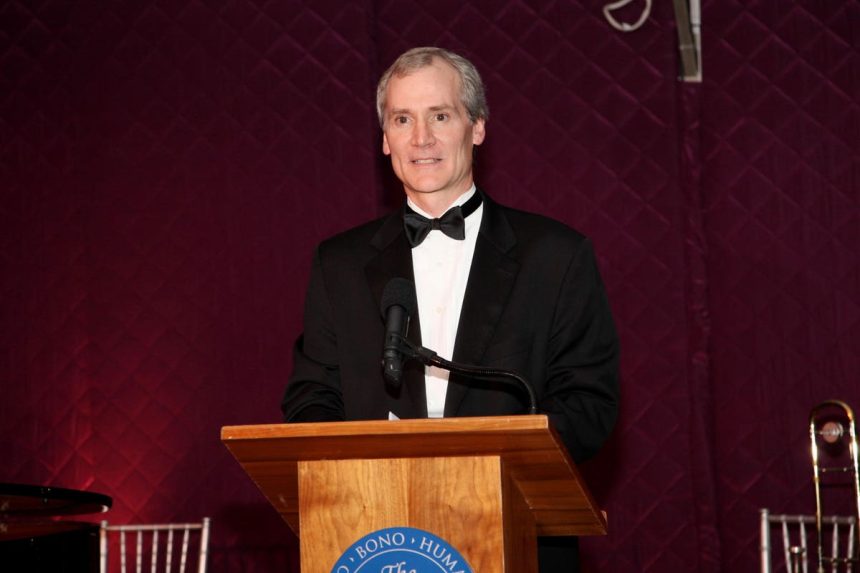Stanford University President Marc Tessier-Lavigne has announced that he will resign as president of Stanford University. His decision comes after a lengthy investigation of his scientific research found substantial flaws in several studies he authored over a number of years.
The review was led by former federal judge Mark Filip and his law firm Kirkland & Ellis LLP and relied on an evaluation of the research in question by a panel of senior scientists, none of whom was affiliated with Stanford.
ADVERTISEMENT
The panel concentrated on twelve papers on which Dr. Tessier-Lavigne was a co-author “in substantial part on allegations of research misconduct aired on the website PubPeer, a crowd-sourced platform where members of the scientific community can raise issues or concerns regarding scientific publications.”
It did not support the allegations that Dr. Tessier-Lavigne had falsified some of his data and engaged in fraud, which some of the president’s accusers had claimed. But it did find that one study conducted while Tessier-Lavigne was with the biotech company Genentech, had “multiple problems,” and it also concluded that five of his papers had “serious flaws in the presentation of research data; in at least four of the five papers, there was apparent manipulation of research data by others.”
The panel also concluded that “because multiple members of Dr. Tessier-Lavigne’s labs over the years appear to have manipulated research data and/or fallen short of accepted scientific practices, resulting in at least five publications in prominent journals now requiring retraction or correction, the culture of the labs in which this conduct occurred was considered. The Scientific Panel has concluded that Dr. Tessier-Lavigne created a laboratory culture with many positive attributes, but the unusual frequency of manipulation of research data and/or substandard scientific practices from different people, at different times, and in labs at different institutions, suggests that there may have been opportunities to improve laboratory oversight and management.”
ADVERTISEMENT
In his statement, Tessier-Lavigne said he was “gratified that the Panel concluded I did not engage in any fraud or falsification of scientific data,” adding “as I have emphatically stated, I have never submitted a scientific paper without firmly believing that the data were correct and accurately presented. Today’s report supports that statement.”
He then want on to state that “for the good of the University, I have made the decision to step down as President effective August 31.”
He acknowledged that the panel had “identified some areas where I should have done better, and I accept the report’s conclusions,” and he agreed “that in some instances I should have been more diligent when seeking corrections, and I regret that I was not. The Panel’s review also identified instances of manipulation of research data by others in my lab. Although I was unaware of these issues, I want to be clear that I take responsibility for the work of my lab members.”
Tessier-Lavigne noted that “Stanford is greater than any one of us” and needs a president whose leadership would not be hampered by ongoing questions about the integrity of his research.
Regarding his future plans, he stated, “While I will be stepping down as President, I will remain on the Stanford faculty and look forward to continuing to conduct my scientific research on brain development and neurodegeneration under the auspices of one of the world’s preeminent educational institutions.”
ADVERTISEMENT
Tessier-Lavigne also indicated that on five papers for which he is the senior author and for which the panel found problems, he was going to retract three and correct the other two, claiming that he now realized that past attempts on his part to correct the problematic issues had been insufficient and that he also had been unaware of the data manipulation that had occurred in them.
Stanford’s board indicated that it had accepted Tessier-Lavigne’s resignation and “agrees with him that it is in the University’s best interests.” It confirmed that he will continue in his position as a tenured professor in the Department of Biology and said that Richard Saller, a professor of European studies, will serve as interim president.
Read the full article here










